How to Install GUI on Ubuntu Server
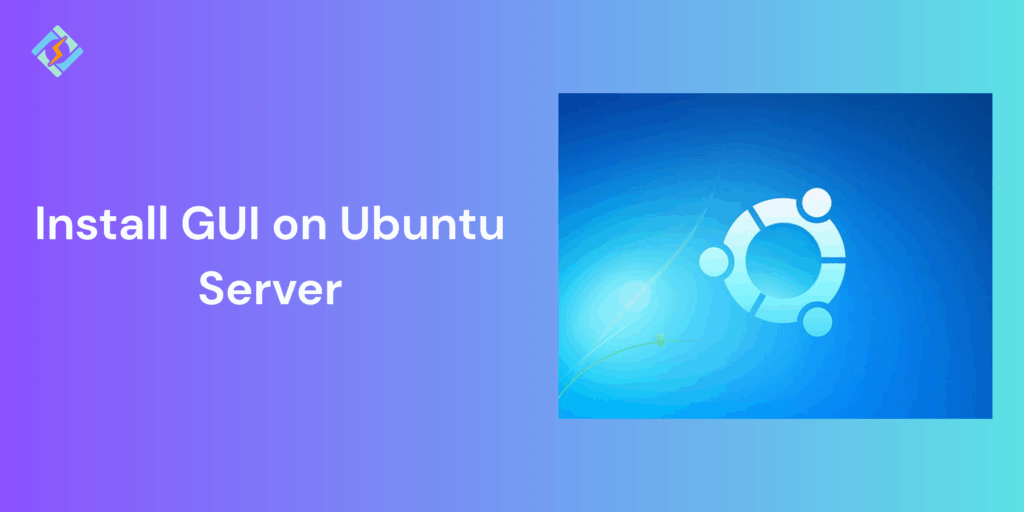
Ubuntu Server is popular due to its stability, performance, and security. By default, it does not need a graphical user interface, but some users prefer relying on the GUI instead of the command line tool. So even though without GUI, it is a super lightweight setup, having one does make it more easy to use. […]
Docker Build Args: How to Use Build Arguments in Docker and Docker Compose

When building Docker images, you often need to pass in the values that would customize the image without hardcoding them into the Dockerfile. For example, you might want to specify which package version to install, define the build-time variables, or control various features. This is where the Docker Build ARGs come in. Docker build arguments […]
How to Use Docker Port Mapping (with Docker Run & Docker Compose)

When you are running an application inside a Docker container, it is isolated from the host system and the outside world. By default, containerized applications cannot be accessed from the local machine or the external network unless you want to explicitly expose and map their ports. This is where the port mapping comes into play. […]
Kubernetes ConfigMap: A Complete Guide to Managing Configuration in Kubernetes
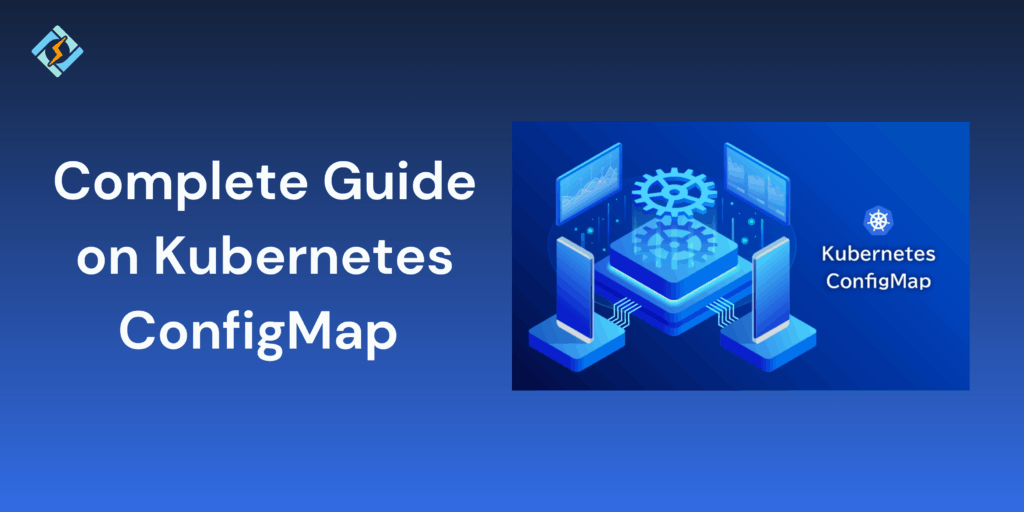
In Kubernetes, applications mostly require configuration data, like the database URLs, API keys, or feature flags to function properly. But hardcoding this information makes the containers inflexible and also makes it difficult to scale. This is where a Kubernetes ConfigMap comes into play. In this guide, we will work through the basics of Kubernetes ConfigMap […]
Kubernetes Operator: A Complete Guide to Operators and the Operator Pattern
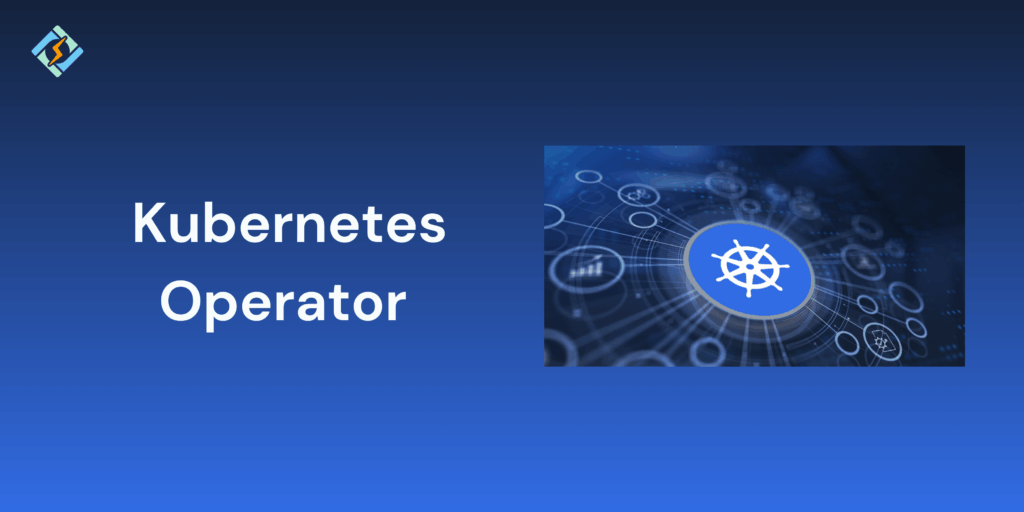
As the Kubernetes ecosystem in your organization gains traction, managing applications in production environments becomes even more complex. While Kubernetes is known for its container orchestration, it does not natively handle the full lifecycle of complex applications, such as upgrades, backups, failovers, or others. This is exactly where the Kubernetes Operators come into play. Kubernetes […]
How To Deploy Elasticsearch on Kubernetes: A Complete Guide

Elasticsearch is an open source search engine, used mostly for log analysis, monitoring, and full-text search. However, as businesses scale, managing Elasticsearch by itself can be tricky, this is where Kubernetes comes in. It helps manage complex servers that require high availability, scalability, and fault tolerance. Running Elasticsearch on Kubernetes allows you to employ container […]
How to Install VMware Tools on Ubuntu: Step-by-Step Guide
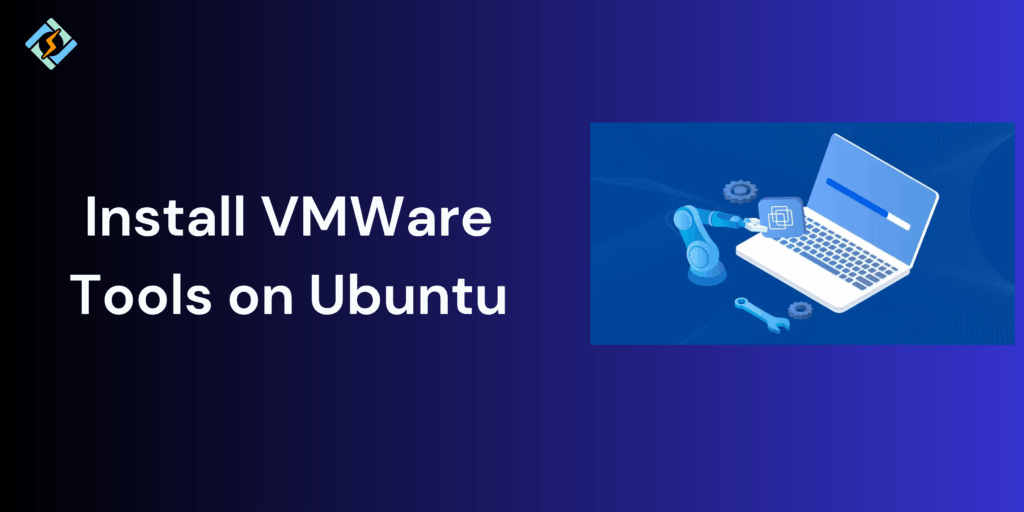
VMWare Tools is a set of utilities that enhance the performance and usability of virtual machines running on VMware products like VMware Workstation, VMware Fusion, and VMware vSphere. Installing the VMware Tools on a Ubuntu VM ensures that you get access to better graphics, seamless integrations, and improved network drivers. So no matter what device […]
FreeBSD vs Linux: Key Differences, Performance & Use Cases
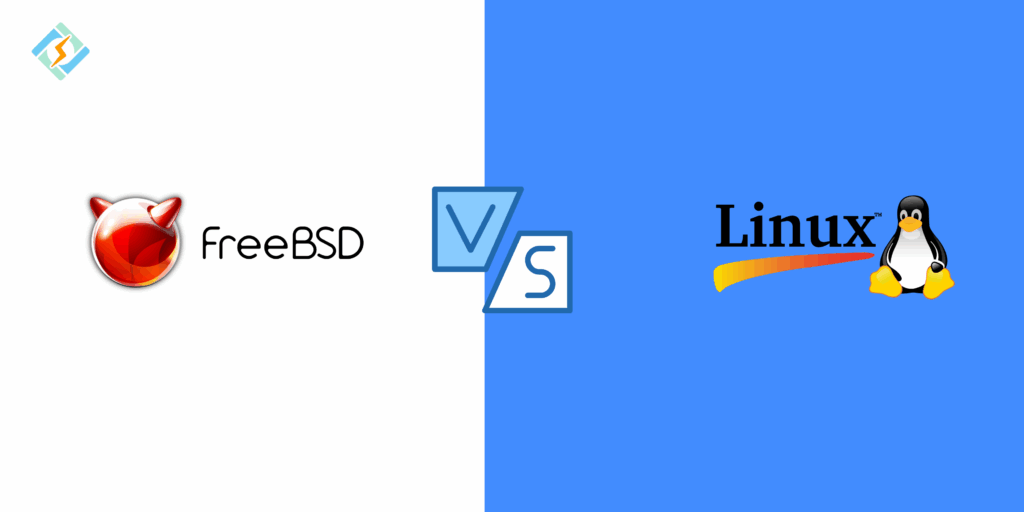
When we talk about open source operating systems, Linux and FreeBSD stand out as two of the most reliable and versatile choices. Both are Unix-like systems that power almost everything from personal computers to enterprise servers, offering stability, security, and flexibility. Even though the two are pretty similar on the front, they differ in multiple […]
Rancher Kubernetes: What It Is and How It Simplifies Cluster Management
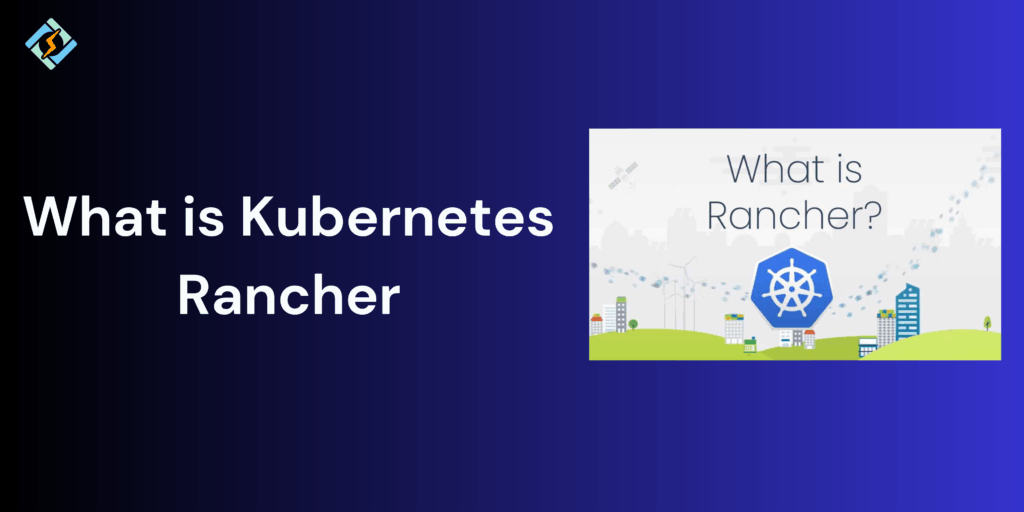
Kubernetes is now the standard for container orchestration, but managing multiple clusters can be a challenge and can become complex pretty quickly. From provisioning to monitoring, teams often start struggling with the operational overhead that comes with using Kubernetes. This is where the Rancher comes in, it is an open source platform that streamlines Kubernetes […]
Docker Image Node.js: How to Build & Run Node.js Apps in a Container
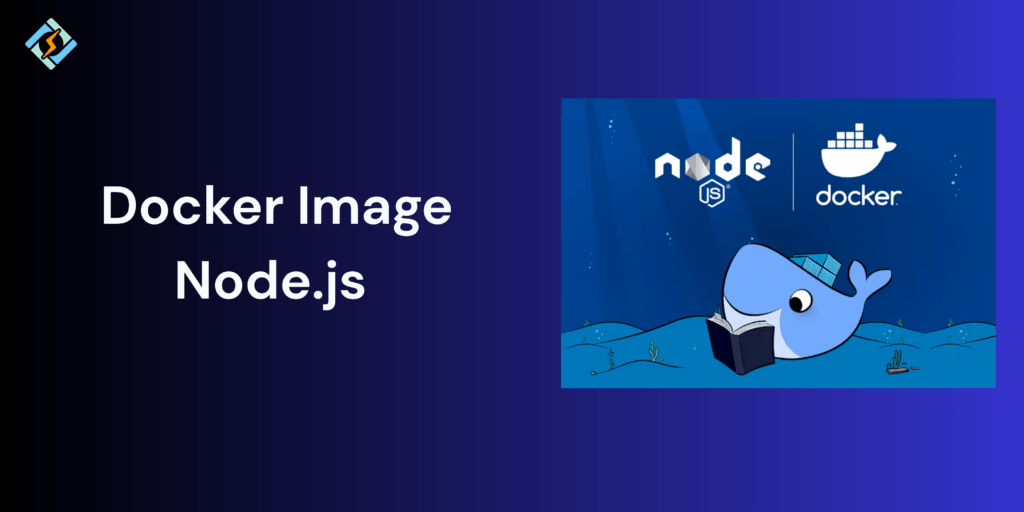
Docker is one of the most popular tools for packaging and deploying applications, and Node.js is no exception. By creating a Docker image Node.js application, you can ensure a consistent runtime environment, simplify the deployment, and eliminate common issues. So whether you are a developer who wants to work on containerization or preparing to scale […]
Top 7 Cyberfraud Solutions

Cyberfraud is getting worse. Just last year, it was projected to cost the world around $9.5 trillion, and this number will only grow as time goes on. In the last twelve months alone, 22% of businesses and 14% of charities have experienced cybercrime in some way, with 45% of those businesses being medium-sized, and 58% […]
Mastering chmod recursive in Linux: A Complete Guide
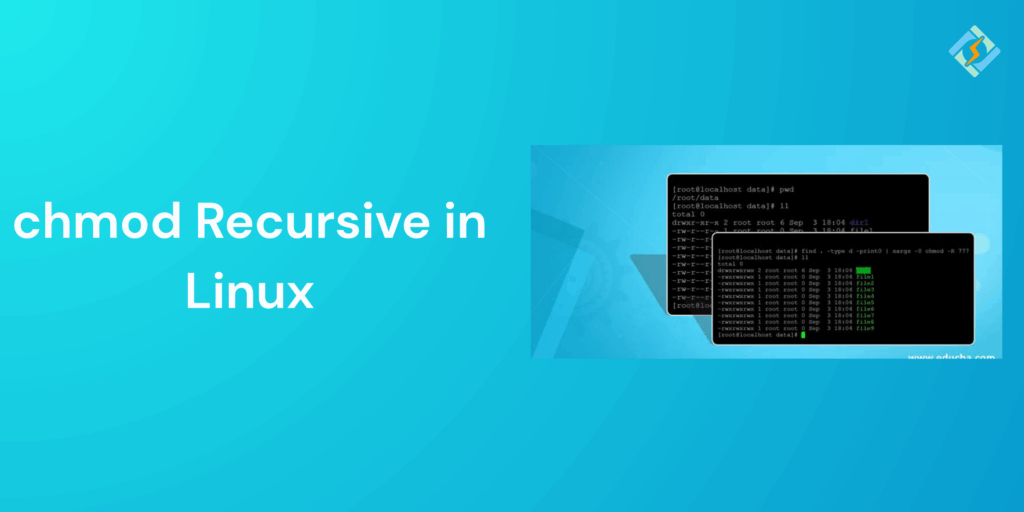
Managing files and directories in Linux requires permissions that are essential for both security and functionality. The chmod command is one of the most useful tools for this purpose, which allows users to change the access rights for files and directories. However, when you are working with multiple different files and directories, updating permissions one […]

